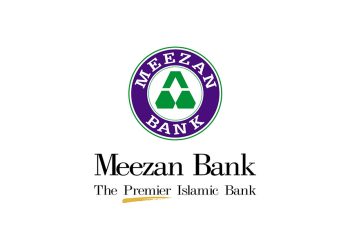After a five-day surge, oil prices remained stable on Thursday. This was due to growing Middle East tensions, continuous supply concerns from major suppliers who are maintaining output restrictions, and strong demand signals in the US.
Brent crude hovered near $89.11 per barrel, marking a marginal uptick of 0.03% for the day, while West Texas Intermediate (WTI) crude stood at $84.97 per barrel, down by 0.10% on the day.
In a pivotal meeting on Wednesday, top ministers from the Organization of Petroleum Exporting Countries and its allies, including Russia, opted to maintain the current oil supply policy. Reuters reported that the group urged certain nations to bolster compliance with output cuts, with plans for some members to offset oversupply in the first quarter. Additionally, Russia announced a shift towards output adjustments rather than export curbs.
Analysts at ING noted that oil prices continued their upward trajectory post-meeting, as OPEC+ recommended no alterations to its output policy. Both the June Brent contract and the May WTI contract have seen a four-day ascent, reaching their highest levels since the end of October by the close of Wednesday’s trading session.
“Brent is encountering resistance around the $90 per barrel level, remaining unable to breach it thus far,” remarked the ING analysts.
Meanwhile, Federal Reserve Chair Jerome Powell struck a cautious tone on Wednesday regarding future interest rate adjustments, citing recent data showcasing stronger-than-anticipated job growth and inflation. Rob Haworth, senior investment strategist for U.S. Bank’s asset management group, interpreted Powell’s comments as supportive of oil prices, signaling robust economic growth in the United States.
Amidst these developments, attention also turned to the Rixos Baghdad, a forthcoming luxury hotel funded by Qatar within the heavily fortified Green Zone of the Iraqi capital
RUSSIAN REFINERIES
The Ukraine’s attacks on Russian refineries, which cut off fuel supplies, and worries that the Israel-Hamas conflict in Gaza would extend to Iran, potentially interrupting supplies in the vital Middle East region, are the reasons behind the recent increase in oil prices.
After an attack on Monday that resulted in the deaths of senior Iranian military members, Iran has pledged to exact revenge on Israel. Iran is OPEC’s third-largest producer.
“While this (OPEC+ decision) was widely expected, it provides some assurance that the recent rise in tension in the Middle East has not altered the group’s view on the market,” ANZ analysts stated in a report on Thursday.
input from reuters



















